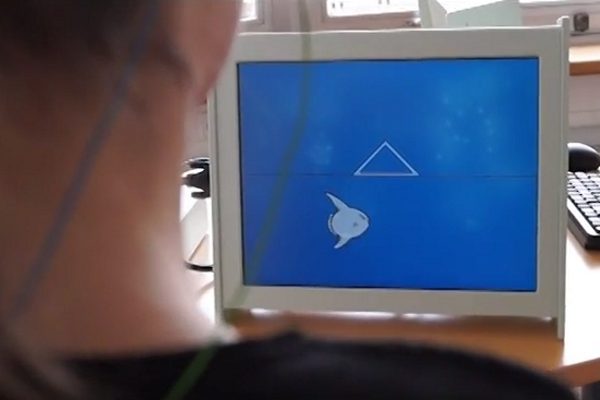Unlocking The Brain's Potential to Thrive in Everyday Life - Even with ADHD
October 30, 2023 - neurocare group

In recent years, there has fortunately been a significant increase in awareness surrounding ADHD, as we now have a better understanding that these symptoms or sub-sets can affect individuals from all walks of life, spanning from childhood to adolescence and into adulthood.
People with ADHD have the potential to achieve great success, but unlocking this potential requires gaining valuable insights into effectively managing their symptoms.
In addition to talk therapy approaches like Cognitive Behavioural Therapy, best-practice for treating ADHD may involve incorporating various beneficial strategies such as improving sleep hygiene, utilizing Actigraphy, or engaging in mindfulness techniques, among others.
While medications have traditionally been the go-to treatment for ADHD in individuals of all ages, there are now alternative options available for those who prefer not to rely on medication and its potential side effects. These innovative techniques harness the natural power of the brain to strengthen neural pathways, enhancing concentration and reducing symptoms of inattention and hyperactivity. By promoting the brain's innate ability to heal and improve, individuals can find effective solutions that do not require medication.
Among the various therapy options available for individuals with ADHD, one highly effective program offered at neurocare clinics worldwide is Neurofeedback. This well researched brain training program utilizes EEG to train brain activity over several sessions, and may result in long-term management of symptoms.
By harnessing the power of the brain's natural ability to heal and regulate itself, Neurofeedback offers a unique and compelling solution for individuals seeking sustainable relief from ADHD symptoms.
How Neurofeedback works in ADHD?
Neurofeedback therapy is a gentle and painless treatment option for conditions such as ADHD. This innovative therapy, conducted by psychologists, psychotherapists, and occupational therapists, aims to target the underlying causes of the disorder rather than just managing the symptoms. Unlike medication, neurofeedback therapy is suitable for individuals as young as 6 years old, all the way through adolescence and adulthood.

The main aim of neurofeedback therapy is to empower patients to consciously control and influence their typically unconscious brain activities. It's similar to how individuals learn to run or ride a bike, but in this case, patients internalize the necessary behaviors to achieve a state of alertness or relaxation (depending on the prompt from Neurofeedback). An integral part of this therapy is the active involvement of a specially trained therapist, such as a Psychologist, who guides and supports the patients throughout the process as well as managing the Neurofeedback training program.
To gain a deeper understanding of how Neurofeedback is utilized in neurocare clinics around the globe, take a moment to watch the video below.
Are you considering neurofeedback therapy as a treatment option for yourself or loved ones?
Find a range of resources, including scientific publications on Neurofeedback for ADHD, on our Patients website.
Are you a professional looking to get started with Neurofeedback in your practice?
The neurocare academy offers a variety of hands-on classroom courses and a BCIA-accredited online neurofeedback course through the LMS e-learning platform. Additionally, a hands-on course can be completed at our training centers. Packages with individual instruction are also available. Our instructors and trainers are leading experts in neuroscience and medicine as well as experienced users of neurofeedback.
Learn more about the neurocare academy here.






